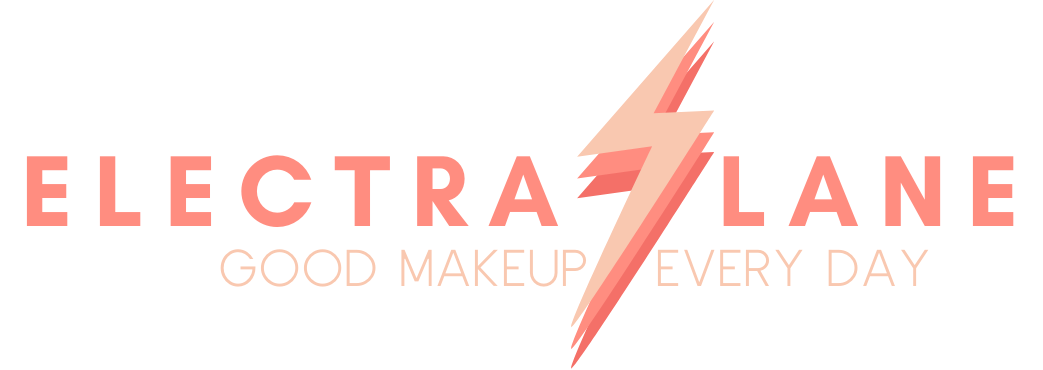Welcome back, and thanks for sticking with me. Last time, we talked about contouring and bronzing. Now, we’re moving on to concealing, highlighting, and illuminating. Here we go…
What does a concealer do?
It conceals. Under eye darkness, redness around the nose, blemishes, redness in the skin…my favorites are liquid and cream products, and it’s best to have two separate concealers in different colors – one a little lighter than the skin to conceal dark under eye circles, and one that matches the skin to cover redness and blemishes. It goes on after foundation (in most cases...we'll get into that later). Depending on your skin and the concealer’s formula, you could just use the under eye concealer as a highlighter. If you don’t need concealer, don’t use it! It’s one of those products that’s tricky and can look cakey, dry, exaggerate fine lines, and can actually make the area look darker.
What does highlighter do?
Highlighter tricks the eye into thinking there is light on the face even when there isn’t. Another way to think of it: all the special lighting they use in photography and film? This is a cheat for that when you don’t have special lighting. Typically, areas to highlight are in the center of the forehead, down the center of the nose, under the eyes, around the nose and mouth, and the center of the chin. If you don’t have dark circles, you can just use highlighter to brighten that area without any extra concealer. Highlighter also goes under the name of brightener, and comes in liquid, cream, and powder forms.
What about illuminator?
Illuminator, also known as luminizer, and sometimes referred to as highlighter, has light-reflecting particles that brighten up an area when the light hits it. I usually only place this product just on the tops of the cheek bones; even if using a powder version (though I typically use liquid or cream), it could make other areas look oily.
I made this video to demonstrate. Remember, this is just the general idea – contouring, highlighting, and everything else, is incredibly individualized and, like basically everything concerning makeup, should be customized for occasion, longevity, and so on. We’ll get more into the details in time but for now, have fun experimenting. If you want another take, check out this how-to from Byrdie.

